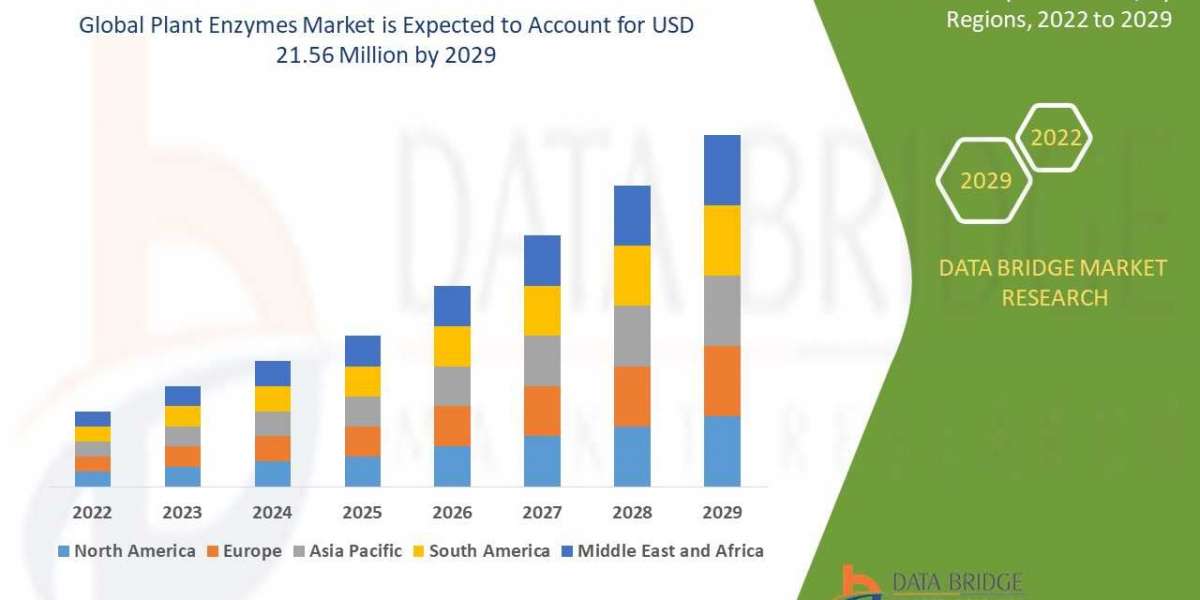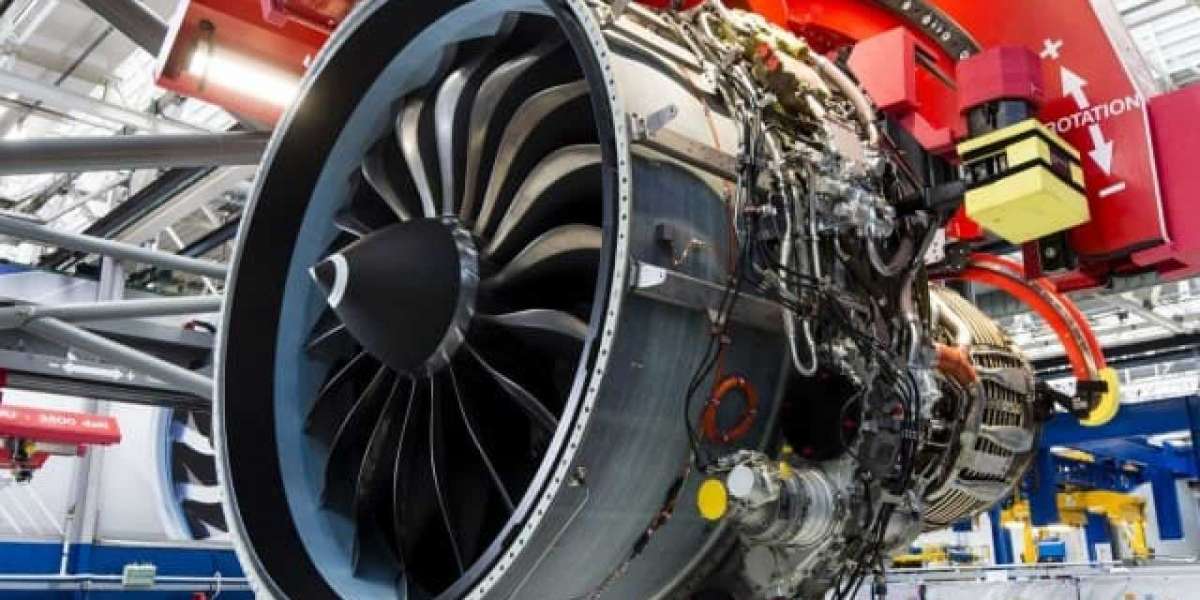Originally published by Quantzig: How are Big Data Supermarkets Revolutionizing the Shopping Experience?
Introduction:
Explore the transformative role of big data supermarkets in reshaping the grocery retail experience. From inventory analysis to customer loyalty programs, discover how strategic implementation of big data analytics solutions is enhancing profitability and customer satisfaction.
Highlights of the 'Big Data Supermarkets' Article:
Uses of Big Data in the Food and Beverage Industry:
- Inventory Analysis:
Running a grocery store poses challenges, especially with perishable goods. Big data analytics provides insights beyond inventory levels, identifying the most profitable products. This strategic approach helps in optimizing marketing efforts, reducing waste, and accurately predicting inventory levels for perishable items.
- Customer Loyalty:
Loyalty programs serve as a dual-purpose tool for data collection and effective utilization. They offer insights into customer preferences, allowing for targeted marketing and promotions. By understanding buying frequencies, supermarkets can offer timely deals, ensuring customer engagement and retention.
Impact of Big Data on the Retail Industry:
- Personalized Shopping Experiences:
Supermarkets leverage big data to gather and analyze vast amounts of customer data. This includes purchase history, browsing patterns, and preferences, enabling the creation of highly personalized shopping experiences. From tailored product recommendations to customized marketing campaigns, personalization enhances customer engagement and loyalty.
- Inventory Optimization:
Big data or supermarket data analytics optimizes inventory management by analyzing sales trends, seasonality, and supplier performance. This ensures the right products are in stock at the right time, minimizing overstocking and understocking issues, and increasing revenue.
- Pricing Strategies:
Dynamic pricing strategies are implemented through big data, allowing retailers to adjust prices in real time based on competitor prices, demand fluctuations, and customer behavior. This results in maximized profits, targeted promotions, and discounts.
- Loss Prevention and Fraud Detection:
Big data analytics aid retailers in identifying and preventing theft, fraud, and security risks. Analyzing point-of-sale data, surveillance footage, and transaction records helps detect anomalies and suspicious activities, allowing for immediate intervention.
Upcoming Technology Trends in Big Data Supermarkets:
- AI-Powered Customer Insights:
Supermarkets adopt AI-driven analytics for deeper customer insights. Machine learning algorithms analyze purchase histories, shopping behaviors, and real-time data, providing personalized recommendations, improving inventory management, and optimizing store layouts for an enhanced shopping experience.
- Supply Chain Optimization:
Big data analytics optimizes supply chains in supermarkets, utilizing predictive analytics and IoT sensors to monitor inventory levels, anticipate demand, and track perishable goods' freshness. This ensures on-time deliveries, minimizes waste, and maintains product quality.
- Checkout-Free Shopping:
Supermarkets implement checkout-free shopping experiences using big data. Cameras, sensors, and algorithms track customer movements and item selections, automatically calculating bills. This technology streamlines the shopping process, reducing waiting times.
- Sustainability and Waste Reduction:
Big data contributes to reducing waste and promoting sustainability in supermarkets. Analytics track and analyze data related to unsold products, enabling stores to adjust procurement and pricing strategies, minimizing waste, and contributing to environmental sustainability.
Future of Big Data Supermarkets:
The future of supermarkets is poised for transformation with big data technologies. Key features include personalized shopping experiences, smart inventory management, checkout-free shopping, and sustainability initiatives. These advancements will reshape the supermarket landscape, offering customers more convenience, personalization, and sustainability while helping retailers optimize operations and improve overall efficiency.
Conclusion:
Inventory and marketing are just two major areas where big data provides various benefits. By approaching food and beverage analytics with specific goals, businesses can gain useful insights and make informed decisions, ultimately enhancing profitability and customer satisfaction.








